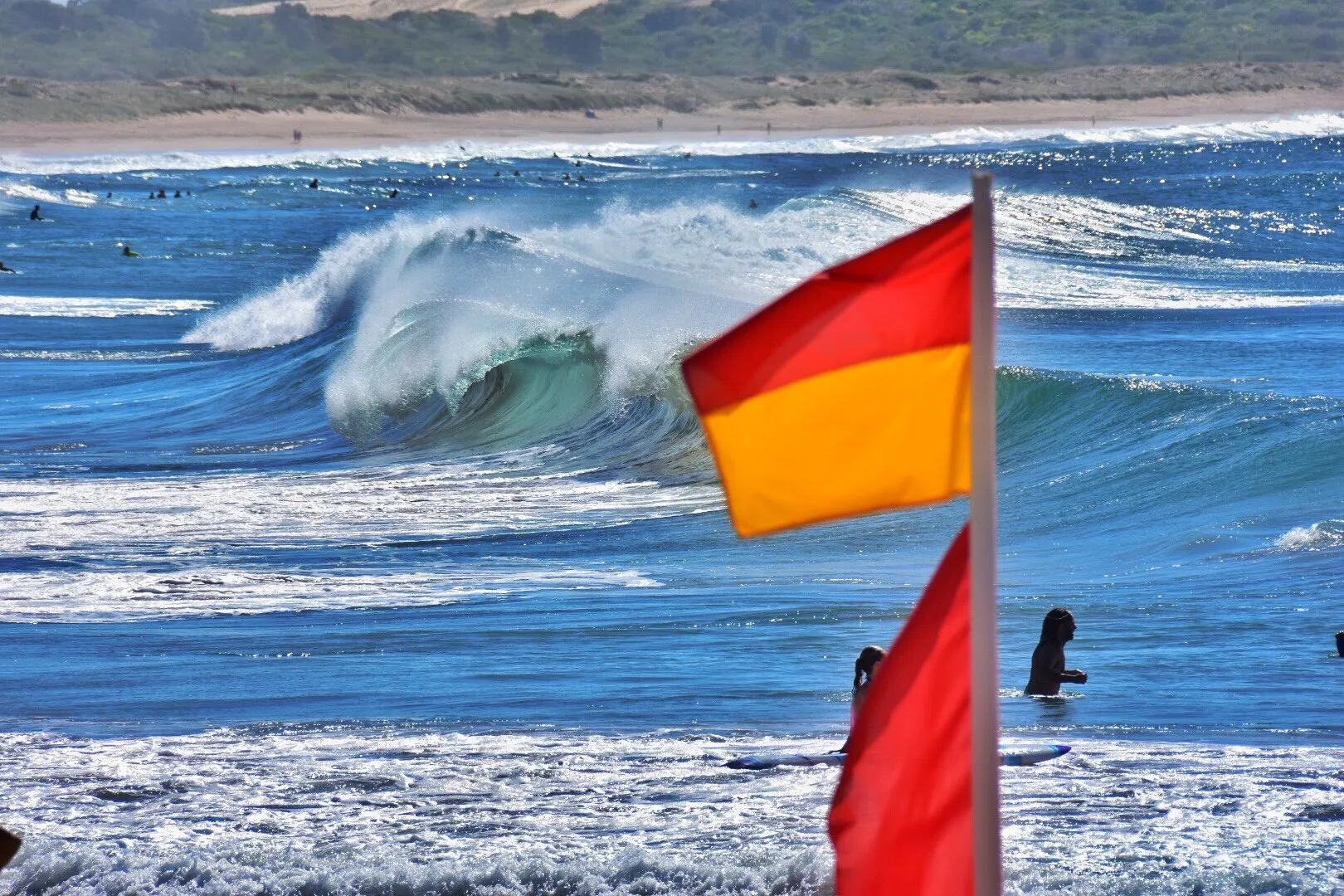Staying safe while surfing is crucial for an enjoyable and risk-free experience. Here are some essential tips to help ensure your safety in the water:
- Know Your Skill Level:
- Be honest with yourself about your surfing abilities. Choose waves and surf spots that match your skill level. Starting with smaller waves is essential for beginners.
- Check Conditions:
- Before heading into the water, assess the current surf conditions. Take note of the wave size, tide, wind direction, and any potential hazards. Pay attention to local surf reports and forecasts.
- Use the Right Equipment:
- Ensure your surfboard and other equipment are suitable for your skill level and the current conditions. Check for any damage to your board, leash, or fin setups before entering the water.
- Wear the Proper Leash:
- Always use a leash to keep your board attached to you. The leash should be appropriate for the size of the waves you’re surfing. A leash helps prevent your board from becoming a hazard to yourself and others.
- Learn Surf Etiquette:
- Understand and follow the unspoken rules of surf etiquette. This includes not dropping in on other surfers, waiting your turn, and being aware of your surroundings in the lineup.
- Watch the Waves Before Entering:
- Spend some time observing the waves and the surf lineup before entering the water. This helps you identify the wave patterns, potential hazards, and the skill level of other surfers in the area.
- Protect Yourself from the Sun:
- Use sunscreen to protect your skin from the sun’s harmful rays. Consider wearing a rash guard or wetsuit to provide additional protection against both the sun and potential abrasions.
- Stay Hydrated:
- Surfing can be physically demanding, and dehydration can occur, especially in warm climates. Bring water with you and stay hydrated before, during, and after your surf session.
- Be Aware of Rip Currents:
- Learn to identify rip currents, which are powerful, narrow channels of fast-moving water that can pull you away from shore. If caught in a rip current, don’t panic, and swim parallel to the shore until you can break free.
- Respect Marine Life:
- Be aware of your surroundings and respect marine life. Some areas may have wildlife like sharks, so it’s essential to be informed about the local ecosystem and take appropriate precautions.
- Know Emergency Procedures:
- Familiarize yourself with local emergency procedures, including the location of lifeguard stations, emergency contact numbers, and the nearest medical facilities.
- Surf with a Buddy:
- Whenever possible, surf with a friend. Having someone with you increases safety, especially in case of emergencies.
Remember that safety is a shared responsibility, and being mindful of yourself and others in the water helps create a positive surfing experience for everyone.






